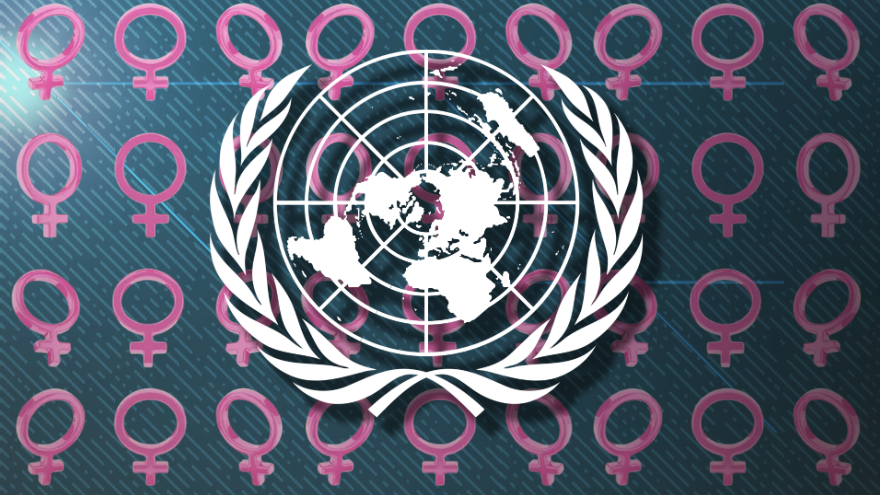The United Nations has selected Saudi Arabia to lead its women’s rights forum.
The move surprised some organizations that claim the Middle Eastern nation is oppressive to women.
Abdulaziz Alwasil, the Saudi ambassador to the UN, was elected the chair of the Commission on the Status of Women on March 27 after no objections were raised and no alternative candidates were proposed.
Bangladesh was expected to take over from the outgoing chair, the Filipino envoy to the UN, and fulfill a one-year term. However, Saudi Arabia lobbied for the position and won out.
Under Saudi Arabian law, women are legally obligated to obey their husbands in a “reasonable manner” and must have the permission of a male legal guardian to marry. Women can lose financial support for refusing to have sex with their husbands, live in their marital home or traveling without their spouse without a “legitimate excuse,” reports The Guardian.
Designating Saudia Arabia to lead the UN’s women’s rights forum was strongly opposed by activist groups. Human Rights Watch called on member nations to reject the county’s proposed appointment, arguing that the country “has an egregious women’s rights record, and select a country committed to upholding women’s rights.”
“Saudi Arabia systematically discriminates against women and persecutes women’s rights activists. Its own UN mission’s website concedes the government is no leader on women’s rights: ‘Saudi Arabia is tiptoeing on women progress, but the road is still long to go,’” argued the HRW. The organization said that Western governments’ support for “the Saudi candidacy would broadcast a lack of serious commitment to women’s rights.”
Amnesty International also opposed Saudi Arabia’s candidacy.
“The Commission on the Status of Women has a clear mandate to promote women’s rights and gender equality and it is vital for the chair of the commission to uphold this,” said Sherine Tadros, the organization’s Deputy Director for Advocacy, in a statement on March 22. “Saudi Arabia’s abysmal record when it comes to protecting and promoting the rights of women puts a spotlight on the vast gulf between the lived reality for women and girls in Saudi Arabia, and the aspirations of the Commission.”
Tadros continued:Saudi Arabia cannot prove its commitment to women’s rights merely by securing a leadership role in the Commission. It must demonstrate its commitment through concrete actions domestically, including by abolishing the male guardianship system and repealing provisions from its laws that discriminate against women. Saudi Arabia’s authorities must also end their crackdown on freedom of expression and immediately release all those unjustly detained for expressing their views including expressing support for women’s rights.
A report from Stimson on the status of women in the Middle East noted that “significant transformation” is underway in Saudi Arabia, which it described as a “nation steeped in traditions.” The literacy rate among Saudi women reached 93% in 2021. More women are working outside the home. The nation lifted the 30-year ban on women driving in 2018.
“The legal framework in Saudi Arabia is evolving to support women’s rights, yet societal norms still play a pivotal role,” noted the authors. “The acceptance and encouragement of women’s evolving roles by families and communities are vital for the sustainability of these changes.”

